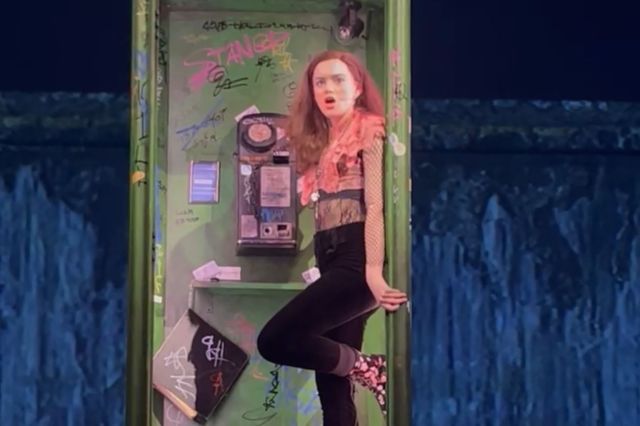Why All The Fuss About Indie Edinburgh Reviews?
One of the hot topics at Edinburgh this year seems to have been the role of reviewers on the Fringe. This hasn’t been helped by public incidents such as the Fringe Society’s media team declining accreditation to The Public Reviews and a the fledgling Festival Media Network hosting an event to discuss the role of independent media on the Fringe.
Its hardly surprising that the The Scotsman, who have been reviewing the Festival and Fringe since their inception in 1947, take this stance, however it completely fails to take into account that since those heady days over 60 years ago the dominance of the broadsheet press has slowly declined. To complain that there are too many reviewers giving out too many stars in Edinburgh is to completely miss the fact that the media landscape has changed; the development of the internet has democratised media creation and consumption, leaving the broadsheet press in its wake.
The Scotsman piece quotes Fringe Review founder Paul Levy, saying: “My concern would be that a number of the new sites are very openly just Fringe enthusiasts but are producing websites that look very professional in some cases.”
I’m sorry. Is that not the point?
The Fringe audience is savvy enough to know that a random five star review from a website that they’ve never heard of before is not a guarantee of quality. In reality that’s all that producers are striving to give potential audience members when they flash four and five star reviews across the middle of their posters: a more independent perspective on the quality of the work.
A review is only one passionate person’s view on a production. Surely that’s all we can ask for? A professional reviewer may spend more of their time seeing theatre, giving them a greater base from which to write and, hopefully, a more consumable writing style. When I am choosing to go and see a show, particularly in a marketplace as saturated as the Fringe, I will take suggestions from friends, blogger, tweeters and people I meet flyering in the street. The idea that a mass distributed positive review is the sole reserve of a broadsheet newspaper is just no longer true.
One of the benefits of the huge number of media organisations at the Fringe is that audiences can now see if there is a consensus of reviews being published without having to buy and trawl multiple papers. Where as a mediocre show may have managed to attract the occasional positive star rating, some would say at the hands of “mere bloggers”, the best shows in Edinburgh every year are dripping with stars. These are the kind of shows which have to flash their posts with A3 sheets of paper just covered in 5 star reviews.
We then leave ourselves back at square one, as a show that good at the Fringe will inevitably be sold out, meaning it didn’t need the positive reviews to begin with!
– Andrew Girvan












